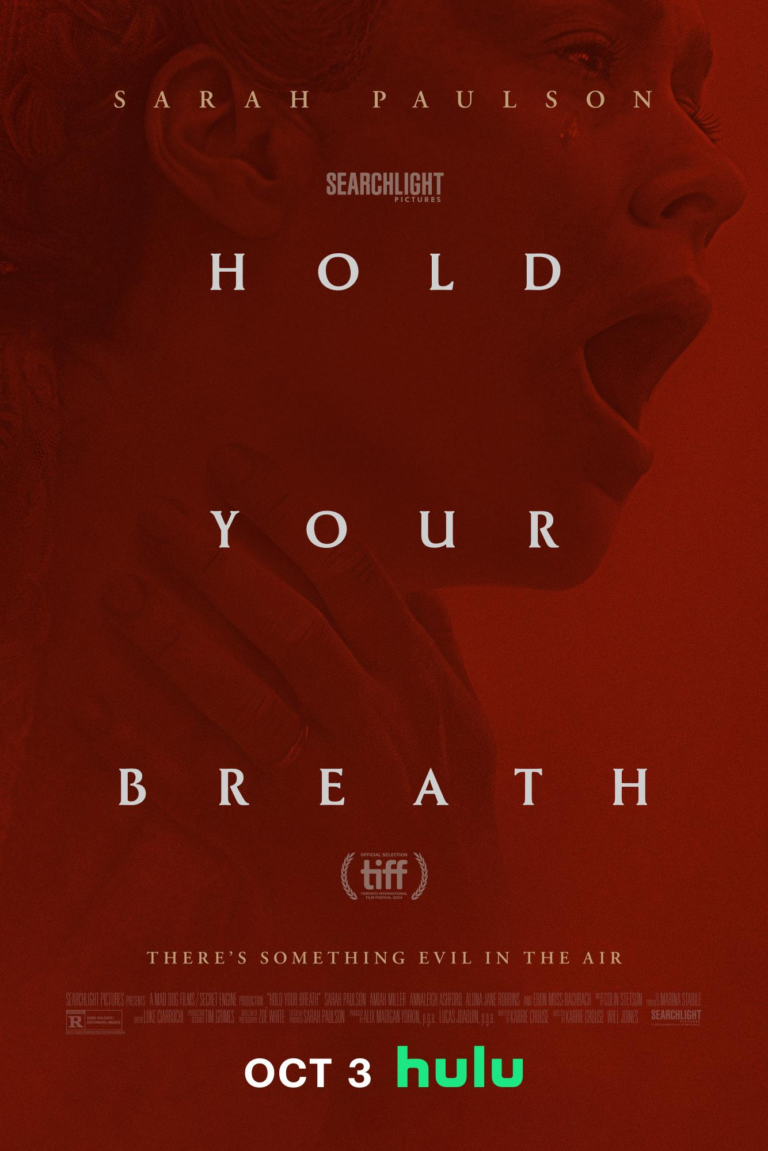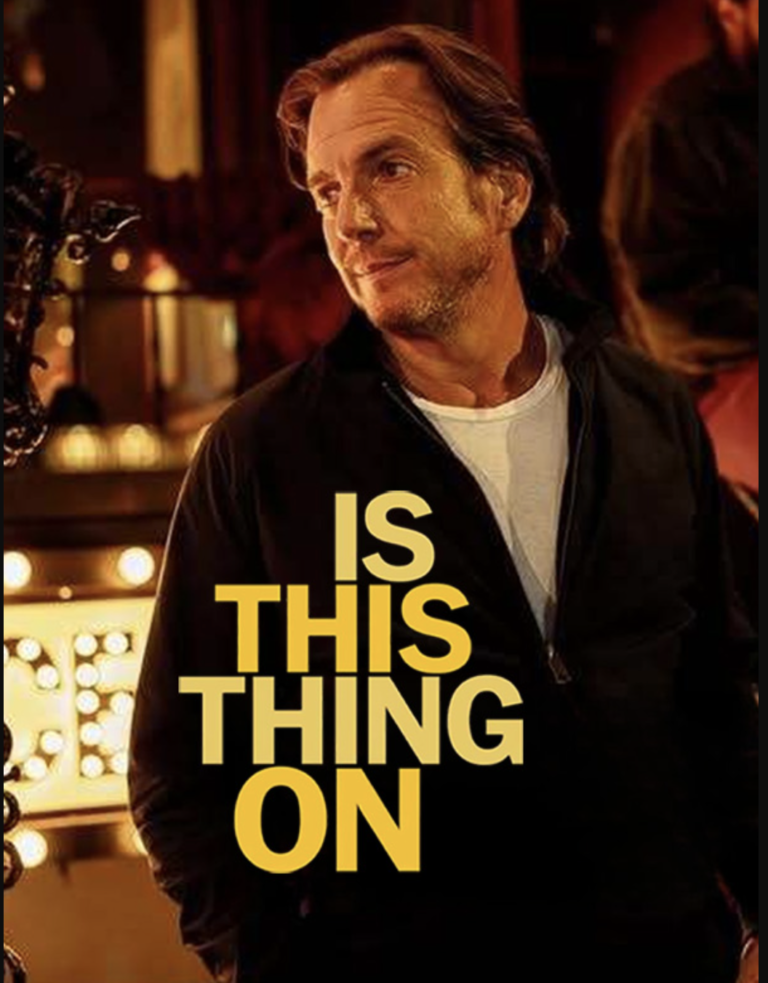Hoard Christian Review

Hoard is not your typical movie. Directed by Luna Carmoon, this film plunges deep into the unsettling, cluttered life of a young woman whose mother is a hoarder. From the very first scene, you know this isn’t a feel-good narrative or a neatly packaged story. Instead, it’s raw, confusing, and surreal—just like life can often feel, especially when we try to navigate it without a strong moral compass. The movie has earned accolades for its bold storytelling, but as Christian viewers, we might find ourselves wrestling with the film’s moral ambiguity and lack of spiritual direction.
Stepping Into a World of Brokenness
From the first frame, Hoard immerses you in a world that feels completely out of control. It’s more than just the piles of junk that clutter every corner of the characters’ physical space—it’s the emotional messiness that really grips you. For anyone who has ever felt overwhelmed by life, the chaos depicted in this film feels all too familiar. But for Christians, this portrayal of disorder and confusion strikes a deeper chord. We know that God calls us to seek order, peace, and purpose in our lives. Philippians 4:6-7 reminds us to turn to Him in times of anxiety, seeking a peace that transcends understanding. Yet, Hoard shows us what happens when we try to cope with our problems by clinging to the very things that entangle us, instead of turning to God.
The relationship between the young woman and her hoarder mother is painful to watch. There’s love there, yes, but it’s buried beneath layers of unresolved trauma and emotional baggage—quite literally, in the form of the piles of belongings that fill their home. It’s a stark reminder of how our attachment to material things can be a reflection of our spiritual state. In Matthew 6:19-21, Jesus warns us not to store up treasures on earth, where moth and rust destroy. Watching Hoard, you see that those piles of possessions aren’t just clutter; they’re a physical manifestation of emotional wounds left untreated, of souls searching for something more, but settling for much, much less.
Surrealism and the Confusion of Life Without Christ
The film doesn’t just show us a messy, broken world—it does so in a way that’s intentionally surreal. There are moments when reality bends, shifts, and becomes dreamlike. It’s disorienting, much like life can feel when we lose our grounding in faith. Proverbs 3:5-6 calls us to trust in the Lord and lean not on our own understanding, but Hoard shows us characters who are doing just the opposite. They’re lost, groping for meaning in the midst of their confusion, but they never quite find it.
The surrealistic tone of the movie may appeal to some viewers who enjoy art that challenges conventional storytelling. But as Christians, we might find it unsettling. While there’s no doubt that life can be strange and confusing, our faith provides us with a compass. Without that compass, as Hoard so vividly illustrates, life becomes a chaotic swirl of events and emotions that seem to have no rhyme or reason.
There’s a certain beauty in the film’s surreal moments—scenes that capture the emotional confusion of its characters in a way that feels visceral. But beauty without purpose, chaos without direction, can only take you so far. In the end, Hoard feels spiritually empty because it never offers a path out of the confusion it depicts. Instead, it leaves the characters (and the audience) stranded in a world where nothing makes sense.
Adolescence, Rebellion, and Recklessness
Set in the 1990s, Hoard taps into the spirit of adolescence in a way that’s both nostalgic and disconcerting. For anyone who’s ever experienced the wild swings of teenage emotions, the film’s depiction of youthful recklessness might hit home. But for Christians, the Bible offers a different perspective on youth. Proverbs 22:6 reminds us to train up a child in the way they should go, so that even when they are old, they will not depart from it. Yet in Hoard, we see a young woman floundering, with no guidance or moral grounding to anchor her.
The protagonist’s journey feels reckless, almost aimless at times. There’s a certain rebellious energy to her character, and it’s clear that she’s trying to find herself in the midst of the chaos. But instead of finding purpose or redemption, she seems to sink deeper into the mess. For Christian viewers, this might be one of the most frustrating aspects of the film. There’s no moment of clarity, no realization that she’s on the wrong path. Instead, the film seems content to wallow in the confusion of adolescence, never offering a way out.
Saura Lightfoot Leon delivers a magnetic performance as the lead, capturing the raw emotions of a young woman trying to make sense of her world. Her portrayal is fearless, but it’s also heartbreaking. You want to root for her, to see her find a sense of purpose or healing, but that moment never comes. It’s a reminder that without Christ, we can wander aimlessly through life, never finding the peace and direction that we so desperately crave.
The Moral Void
Perhaps the most unsettling aspect of Hoard is its moral ambiguity. The film raises important questions about trauma, mental illness, and emotional pain, but it never offers any answers. There’s no sense of right or wrong, no clear moral compass to guide the characters—or the audience. As Christians, this can feel spiritually disorienting. We’re called to live lives that reflect God’s truth, to seek justice and righteousness in all things (Micah 6:8). But in Hoard, the lines between good and evil are blurred, leaving viewers with a sense of unease.
At times, it feels like the film is trying to challenge us to think deeply about these issues, but it does so in a way that feels incomplete. While it’s important to acknowledge the messiness of life, as believers, we know that God offers us a way through that mess. Jesus is the way, the truth, and the life (John 14:6), and without Him, the chaos of this world can overwhelm us. In Hoard, the absence of any redemptive message or moral clarity leaves a spiritual void that’s hard to ignore.
Conclusion: A Visually Striking but Spiritually Empty Experience
There’s no denying that Hoard is a visually arresting film, filled with moments of emotional intensity and artistic ambition. Luna Carmoon’s debut shows a filmmaker unafraid to push boundaries and explore difficult themes. But for Christian viewers, the film’s lack of moral clarity and absence of any redemptive hope make it a challenging watch. While it may resonate with those who appreciate bold, unconventional storytelling, Hoard ultimately feels spiritually empty.
Rating: 4/10
From an artistic perspective, Hoard is impressive, but its moral ambiguity and lack of hope leave much to be desired. For Christian viewers seeking deeper spiritual insight, this film may not provide the answers they are looking for.



